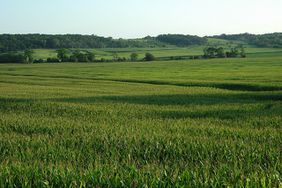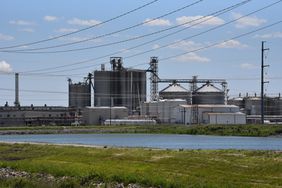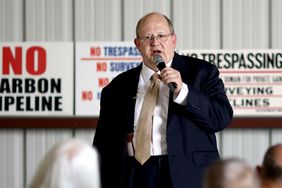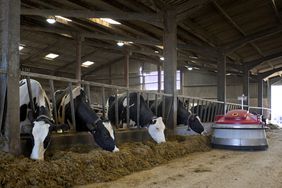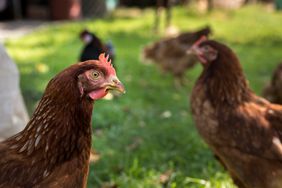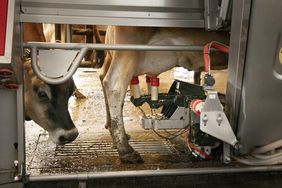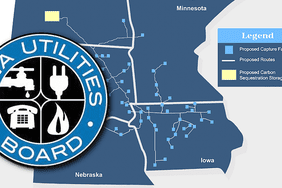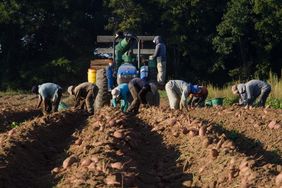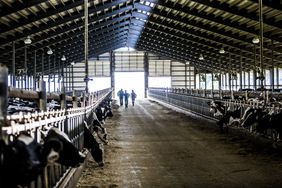
Farmers who adopt regenerative agriculture practices could qualify for a reduced interest rate for a Farmers Business Network (FBN) Financial operating line of credit, FBN announced Jan. 11.
The FBN Regenerative Agriculture Finance Fund credit line will replace traditional operating loans with a one-year line of credit that includes a 0.5% discount from a farmer's base rate.
A farmer who uses a $1 million line of credit could save $3,000 to $4,000 per year, says Dan English, general manager of FBN Finance.
To qualify, farmers must meet environmental eligibility requirements developed by the Environmental Defense Fund and backed by peer-reviewed scientific research, including nitrogen management and soil conservation standards.
These practices may include:
- No-tillage
- Adoption of nutrient management plans, backed by soil sampling
- Planting cover crops
In a statement, Steele Lorenz, head of FBN's Sustainable Business, said "Regenerative practices can benefit farmers in many ways — through improved soil health, lower fertilizer costs, and resilient crop yields. This new operating line will help make the adoption of these practices more economically feasible, and may be paired with other incentive programs such as cover crop cost-share or supply chain premiums, ultimately making regenerative agriculture far more accessible to growers across the country."
There is $25 million in a pilot fund, and from 30 to 40 farmers who grow a combination of corn, soybeans, and/or wheat are expected to each receive one-year lines of credit of up to $5 million. The RAFF will originate loans from a diversity of farmers, including FBN's network of more than 33,000 members, and provide underwriting and monitoring for the portfolio at a discounted rate.
Maggie Monast, senior director of climate-smart agriculture at the EDF, said "the results of the pilot should allow FBN to make the case for rewarding farmers for environmental performance through their financing, at scale."
According to a release from FBN, the company's Gradable platform will be used to evaluate regenerative farming practices. Farmers will input data into the platform, and receive agronomic guidance to optimize farm production choices. Farmers must agree to provide production data for all enrolled fields for at least three crop years, but do not need to demonstrate a new practice to qualify. This means that farmers who have already invested in regenerative practices such as no-till, cover crops, and optimized fertilizer use can participate.
Environmental Defense Fund will provide oversight related to the environmental criteria required for RAFF eligibility. The criteria are designed to be inclusive of farmers who grow corn, soy, and wheat in a variety of geographies and who implement a variety of regenerative practices, while establishing a clear system for monitoring those practices and environmental outcomes, as well as measuring the success of novel financial incentives in the farm finance space.
FBN will connect farm environmental performance with the financial performance of the fund, creating insights into the relationship between regenerative practices and farm risk and creditworthiness, and providing investors and agricultural lenders with a new investment opportunity that has the potential to scale across millions of acres. FBN plans to scale the fund to $500 million over three years, accessing public markets to securitize and sell these loans to investors who seek liquid, environmentally friendly investments.
How to apply
Applying for the operating line of credit through FBN Financial is easy, and should take less than 20 minutes through the online portal. Growers will spend less than two hours per year with the portal logging information about sustainable practices, Lorenz says. "We have a team that helps you with the process, to talk farmers through the process," he says.
The goal is to help farmers get paid for work they are doing to reduce the environmental impact of their work, English adds.
"We think this is a way to identify and fund farmers for the practices they are doing. Farmers who adopt soil health practices tend to have a lower credit risk, and if they pay back at a higher rate, they should get a payout."

